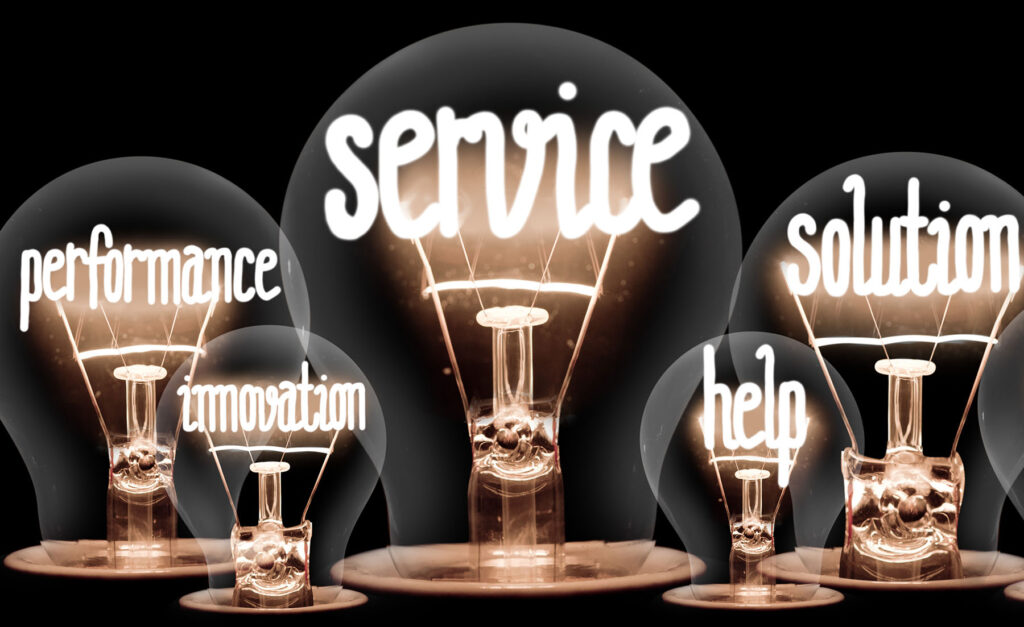In today’s dynamic and competitive business landscape, marketing plays a crucial role in driving growth and success. However, the strategies employed in business-to-business (B2B) and business-to-consumer (B2C) marketing differ significantly due to the contrasting nature of their target audiences and purchasing processes.
In this article, we will delve into the nuances of B2B and B2C marketing, highlighting their unique characteristics, best practices, and key factors for success.

Defining B2B Marketing
Business-to-business (B2B) marketing focuses on promoting products or services between two companies. It involves targeting decision-makers, often involving longer sales cycles and complex purchasing processes. B2B marketing is highly relationship-driven and revolves around building trust, credibility, and value propositions tailored to the specific needs of other businesses.
Best Practices for B2B Marketing
Nurturing Long-Term Relationships: B2B marketing thrives on strong and enduring relationships. Cultivating trust through personalized communication, regular follow-ups, and delivering on promises is vital.
Targeted Content Marketing: Sharing relevant, insightful, and valuable content positions your business as an industry leader. Blog posts, whitepapers, case studies, and webinars can be effective tools to educate and engage B2B buyers.
Account-Based Marketing (ABM): ABM strategies involve tailoring marketing efforts to specific target accounts, personalizing the messaging, and providing a customized experience. ABM ensures that marketing efforts are aligned with the unique requirements of each prospect.
Leveraging Influencers: Engaging thought leaders and industry experts can help establish credibility and reach a wider B2B audience. Collaborating with influencers can lead to increased brand visibility and generate quality leads.
Defining B2C Marketing
Business-to-consumer (B2C) marketing focuses on reaching individual consumers and enticing them to purchase products or services. Unlike B2B, B2C marketing typically involves shorter sales cycles, emotional appeals, and mass communication strategies to influence purchasing decisions.
Best Practices for B2C Marketing
Customer-Centricity: Understanding and catering to the needs, preferences, and aspirations of the target audience is critical in B2C marketing. Conducting market research, employing data analytics, and creating buyer personas can help businesses effectively connect with consumers.
Emotionally Engaging Branding: B2C marketing thrives on evoking emotions and creating memorable experiences. Brands should focus on creating a unique value proposition, establishing an emotional connection, and delivering a consistent brand message across various touchpoints.
Utilizing Social Media: Social media platforms offer vast opportunities for B2C marketers to engage with consumers, build brand awareness, and drive sales. Creating compelling content, leveraging influencers, and utilizing targeted advertising can significantly enhance B2C marketing efforts.
Seamless Customer Journey: Ensuring a smooth and frictionless customer journey is vital in B2C marketing. Optimizing websites for mobile devices, providing intuitive navigation, and simplifying the purchasing process can lead to higher conversion rates and customer satisfaction.
Key Factors for Success in B2B and B2C Marketing
While B2B and B2C marketing have unique strategies, certain fundamental factors contribute to success in both domains.
Clear Value Proposition: Whether targeting businesses or consumers, articulating a clear value proposition that addresses pain points and provides unique benefits is essential.
Data-Driven Approach: Leveraging data analytics and market research enables marketers to gain valuable insights, identify trends, and make informed decisions in both B2B and B2C marketing.
Agility and Adaptability: The marketing landscape is ever evolving, and successful marketers must stay agile and adapt their strategies to changing trends, consumer behavior, and emerging technologies.
Measuring and Evaluating Results: Implementing robust tracking and analytics tools helps monitor the effectiveness of marketing efforts, enabling optimization and identifying areas for improvement.
Conclusion
B2B and B2C marketing are distinct disciplines, each requiring a tailored approach to engage their respective target audiences effectively. By understanding the differences and implementing the best practices outlined above, marketers can optimize their strategies and maximize their success in either B2B or B2C marketing.
Emphasizing relationship-building, personalized communication, and value propositions for B2B, while focusing on emotional connections, customer-centricity, and seamless experiences for B2C, will empower marketers to drive growth and achieve their marketing objectives in today’s dynamic marketplace.